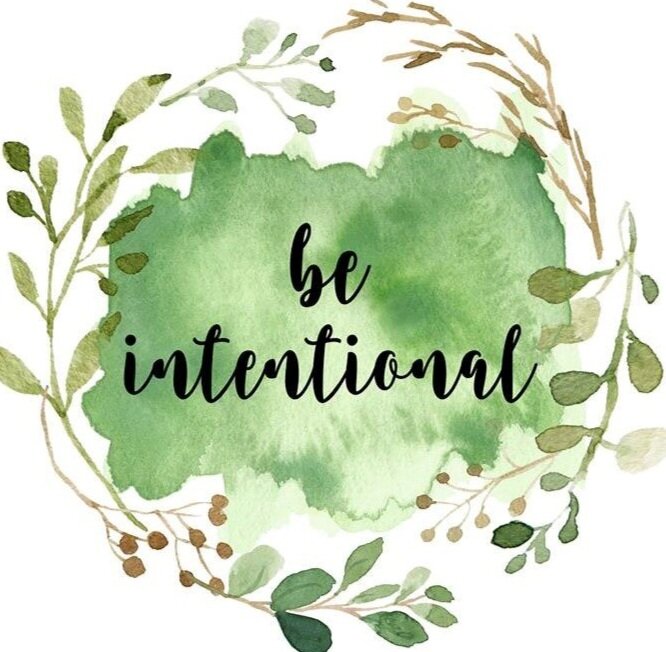By Mary Cipriani, LMFT (mcipriani@sdicouples.com)
When we are stressed, overwhelmed, or not in a good space to have possibly a serious conversation with our spouse we can make many mistakes. Here are a few and how to repair them.
First, when stressed we can lose control of our tone which might send a negative message that could offend our spouse. Our tone is important, we have all heard it's not what we say but how we say it. Secondly, our listening skills can deteriorate. Good communication is not just about talking but also about listening...not only to our partner but to what is going on within us. When we are stressed we can miss important cues that we need to pay attention to like take some time to calm down first. Third, our capacity for empathy diminishes. Empathy is one of 3 things that we need to help give our partner a felt sense we get what they are going through. The 3 things that are so important are Accessibility, Responsiveness, and Emotional Engagement or Empathy (ARE). Can I come to you when I am in distress, will you respond to me, and will you have empathy for what I am going through? Healthy couples do these 3 things that help them feel secure with each other. Lastly, we can jump to conclusions. A bad mood can affect how we interpret the words and actions of our partner. When your mind feels cluttered and overstimulated, instead of listening and seeing the whole picture, you might jump to conclusions and make assumptions or judgments about your spouse’s intentions which will result in conflict.
How do you avoid these mistakes? When you’re feeling stressed or overwhelmed, it’s normal to feel like you’re not at your best. Realistically, no one is perfect. We’re going to get caught up in emotion from time to time and our communication skills might suffer as a result. Having the self-awareness to know when that is happening and being able to communicate that to your spouse can often go a long way in preventing the interaction from taking a negative turn. That might sound like, “I’m sorry I snapped at you. I’m feeling very stressed about work and I'm not in a great mindset to talk. Let me calm down for a few minutes and I’ll come find you to talk.” This not only lets your partner know that you’re not angry with them, but it also allows them to support you – especially if you can tell them what you need, whether it’s a hug or some alone time. Ruptures happen in a nanosecond and it is the repair of them that makes a difference.











